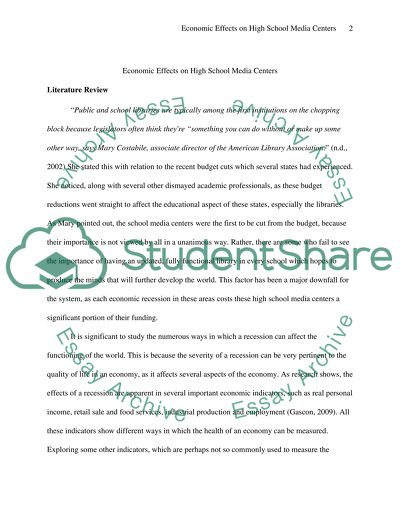Cite this document
(“Economic effects on high school media centers (libraries) Dissertation - 1”, n.d.)
Retrieved from https://studentshare.org/other/1429341-economic-effects-on-high-school-media-centers
Retrieved from https://studentshare.org/other/1429341-economic-effects-on-high-school-media-centers
(Economic Effects on High School Media Centers (libraries) Dissertation - 1)
https://studentshare.org/other/1429341-economic-effects-on-high-school-media-centers.
https://studentshare.org/other/1429341-economic-effects-on-high-school-media-centers.
“Economic Effects on High School Media Centers (libraries) Dissertation - 1”, n.d. https://studentshare.org/other/1429341-economic-effects-on-high-school-media-centers.


